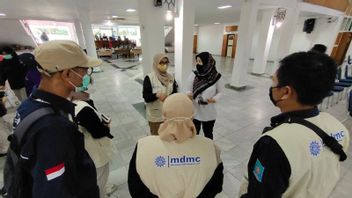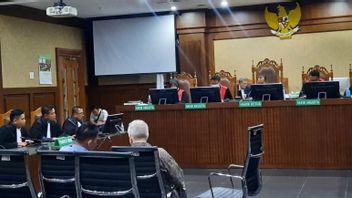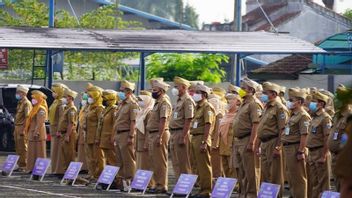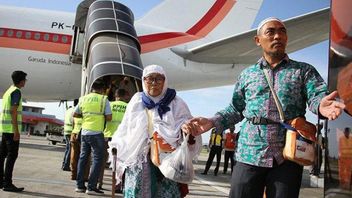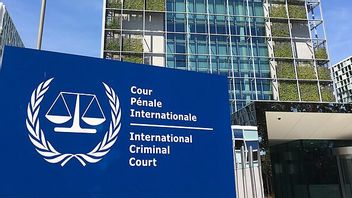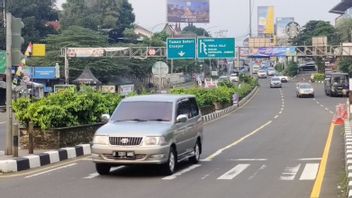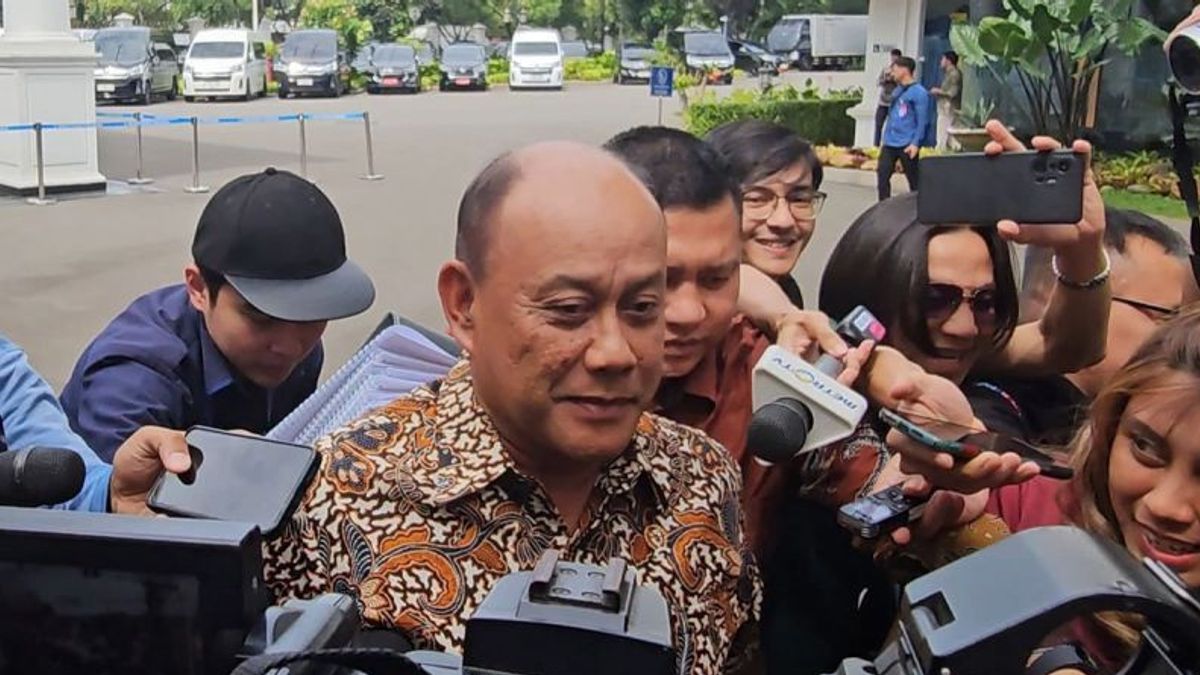
JAKARTA - Head of the National Nutrition Agency (BGN) Dadan Hindayana said the Free Nutrition Food Program (MBG) was still running during Ramadan, but the form of food provided was different.
"So the form of the food is not fresh cooking, but we will prepare nutritious foods that are also appropriate for breaking the fast, for example milk, then there are dates, there are fruit," said DadanHindayana after the signing of a memorandum of understanding with the Food and Drug Supervisory Agency (BPOM). ) reported by ANTARA, Thursday, January 23.
Dadan said the type of food given was different, depending on the education unit. He gave an example, the nutritious food dining unit at the pesantren was in the pesantren, so that when they opened, food could be served at that time.
"However, for those who may be at school, the food is brought when they come home from school," he said.
BPOM and BGN collaborate to increase supervision and mitigation of extraordinary events in MBG. According to him, BPOM's involvement in this matter is very important, considering the massive activity.
"Because the cooking is almost every day, for a week, and will go straight for a year. So this is an activity that never stops," he said.
Dadan said, there are four aspects that are prioritized, two of which are cleanliness or hygiene as well as food safety, which is the domain of the BPOM authority. BPOM, he said, has experience in mitigating extraordinary events, for example in terms of food poisoning.
He said MBG is an intervention effort so that children grow well, because there are two times when growth runs optimally, namely the first 1,000 days of life and ages 8-17 years.
SEE ALSO:
The program, he said, would cover 82.9 million people, which are served through 30 thousand nutritional fulfillment service units (SPPG) spread throughout Indonesia.
"Until now, only 244 service units have been spread across 33 provinces. When we launched it, only 190 were in 26 provinces, today it is in 33 provinces," he said.
"Alhamdulillah, it has been running, most of them are generally smooth, but of course we really need the involvement of all parties, including from BPOM, because BPOM can mitigate, then evaluate from hygienic aspects to food safety aspects," he said.
In addition to being healthy, the program is expected to have a positive economic impact in the regions, considering that each service unit will process around IDR 8-10 billion per year.
"About 85 percent of the money is used to buy raw materials originating from agriculture, and 10.5 percent to pay for mothers who were unemployed so they could work. So this economic effect will be enormous. And because this is a very large activity, which takes place every day, it does then require the involvement of all parties," he said.
The English, Chinese, Japanese, Arabic, and French versions are automatically generated by the AI. So there may still be inaccuracies in translating, please always see Indonesian as our main language. (system supported by DigitalSiber.id)






